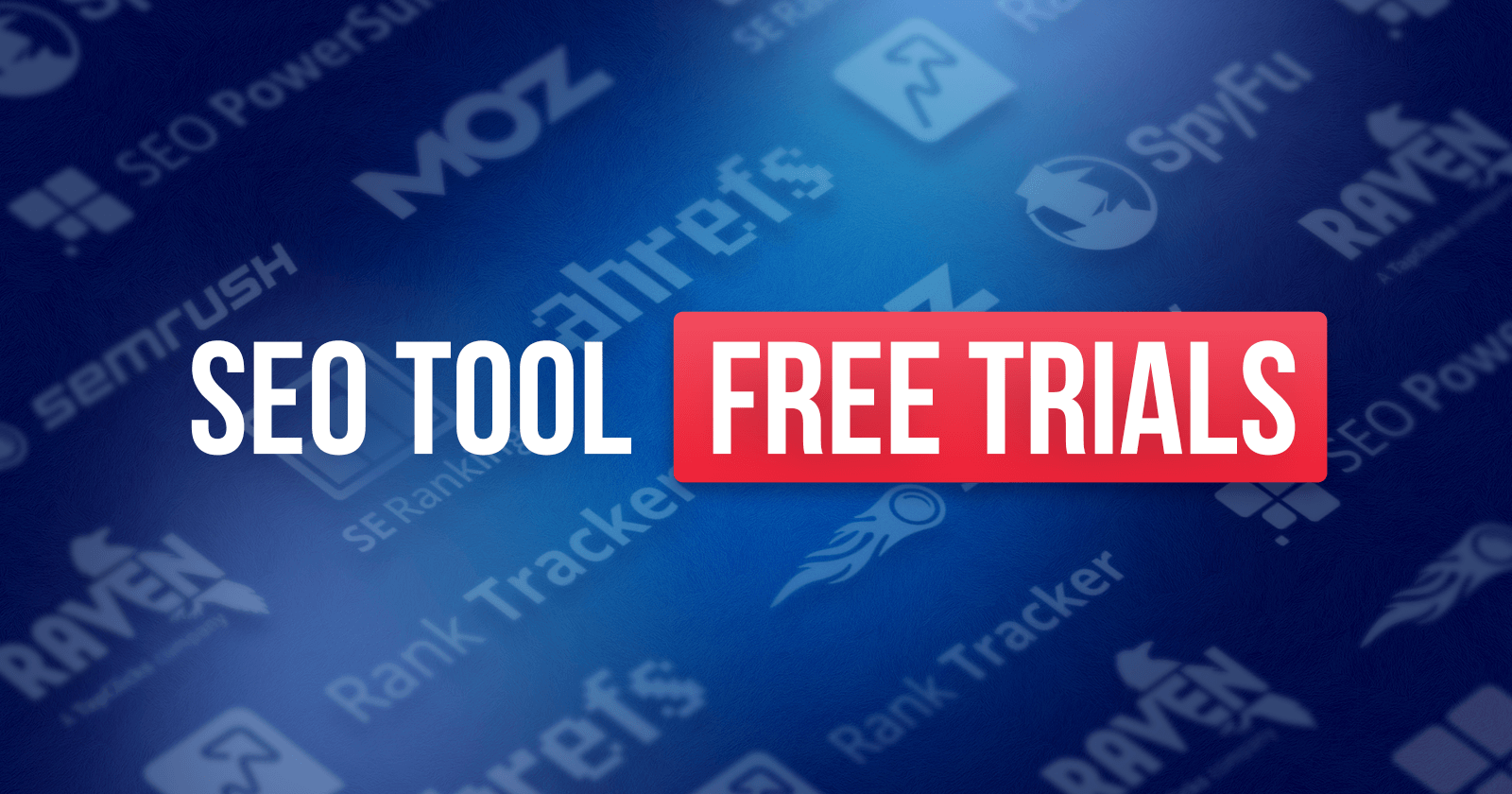SEO Tool Free Trials: 7 Awesome SEO Tools You Can Try Before You Buy

SEO tools are not cheap.
Unless you are an SEO agency or a really big company, which I’m guessing most of us are not, you really can’t afford to subscribe to the wrong one.
Good thing most of the SEO software developers are sensible people and have allowed us to try some of their tools before we make a commitment.
That is not to say that there are bad SEO tools out there and subscribing to them would be a terrible mistake.
No, it’s just that the market of SEO tools has reached that level of maturity where each of the big, seemingly similar players has developed subtle specialties and those specialties might be the best fit for certain SEO cases.
More pages: Next